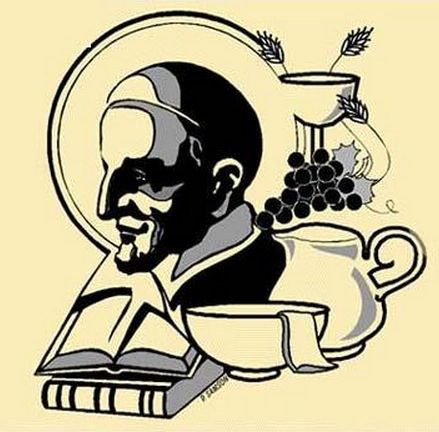 Fifteenth Sunday in Ordinary Time (C), July 14, 2013 – Dt 30, 10-14; Col 1, 1-20; Lk 10, 25-37
Fifteenth Sunday in Ordinary Time (C), July 14, 2013 – Dt 30, 10-14; Col 1, 1-20; Lk 10, 25-37
Learn the meaning of the words, “I desire mercy, not sacrifice (Mt 9, 13)
James and John, impetuous and presumptuous—not unlike some of their modern counterparts—in thinking they have the mind of God, want to ruin the Samaritans. Besides practicing a spurious religion, the Samaritans do not welcome Jesus on the way to Jerusalem.
But Jesus rebukes the brothers. Revenge and inquisition only lead to more and worse violence and schisms. He will later tell a parable in order to answer someone with a penchant for dialectic. In effect, he will question stereotypes, from which perhaps the scholars of the law and those in charge of worship in the temple of Jerusalem, as opposed to the worship on Mount Gerizim, have much to gain more than anybody else. The parable will also be a description of its narrator.
Jesus is like the Samaritan who is a neighbor to someone in dire need. He is unconcerned about the risk of catching some uncleanness that may disqualify him from worship. He eats with tax collectors. He lets himself be touched by a prostitute. He does not avoid lepers; he cures them, just as he cures a woman with hemorrhage. He well knows that pure worship is to care for the defenseless and to keep oneself unstained by the world’s apathy and selfishness. He who has come down from heaven for our salvation is the first of those who “leave God for God.”
It does not cross the Samaritan’s mind that the scene may just be a set-up on the part of bandits. So moved with gut compassion, he approaches—not seeing any danger, without fear—the half-dead and bends down. And he does not just administer first aid.
Being similarly resolved, Jesus courageously faces his destiny to call everyone to repentance and bring to full realization the kingdom of God and his righteousness. The Savior offers up everything for us who are contagiously unclean, “making peace through his blood on the cross,” without asking for any ID, for it is enough that we are God’s children (Pope Francis).
We ratify this relationship to our heavenly Father, who is kind to the just and unjust, precisely in so far as we imitate him, loving and doing good to all, praying for all, friends and foes, proponents and opponents, benefactors and persecutors. And we duly recognize Jesus as the firstborn to the extent that we are like him, the servant who gives his life for us.
When, like Jesus, we treat the helpless with mercy, our Eucharistic celebration is pleasing to God and praiseworthy. Thus, too, we carry out the Lord’s command that is very near us: we caress the Word incarnate and tenderly kiss his wounds as we caress the poor and kiss their wounds, which is the path—and there is no other—to our encounter with Jesus-God (Pope Francis).
This only path is the same, of course, as that of the followers of St. Vincent de Paul and Bl. Frédéric Ozanam. Understanding also the mystery at work in those who suffer and are mediators of light (Lumen fidei 57), the two urge us to contemplate the poor as representing the Son of God and to proclaim, prostrate at their feet and touching their wounds, “My Lord and my God” (Coste XI, 32; Ozanam’s November 3, 1836 letter to Louis Janmot).
Ross Reyes Dizon
Tags: A Vincentian reading of the Sunday readings, Ross Dizon, The Good Samaritan

